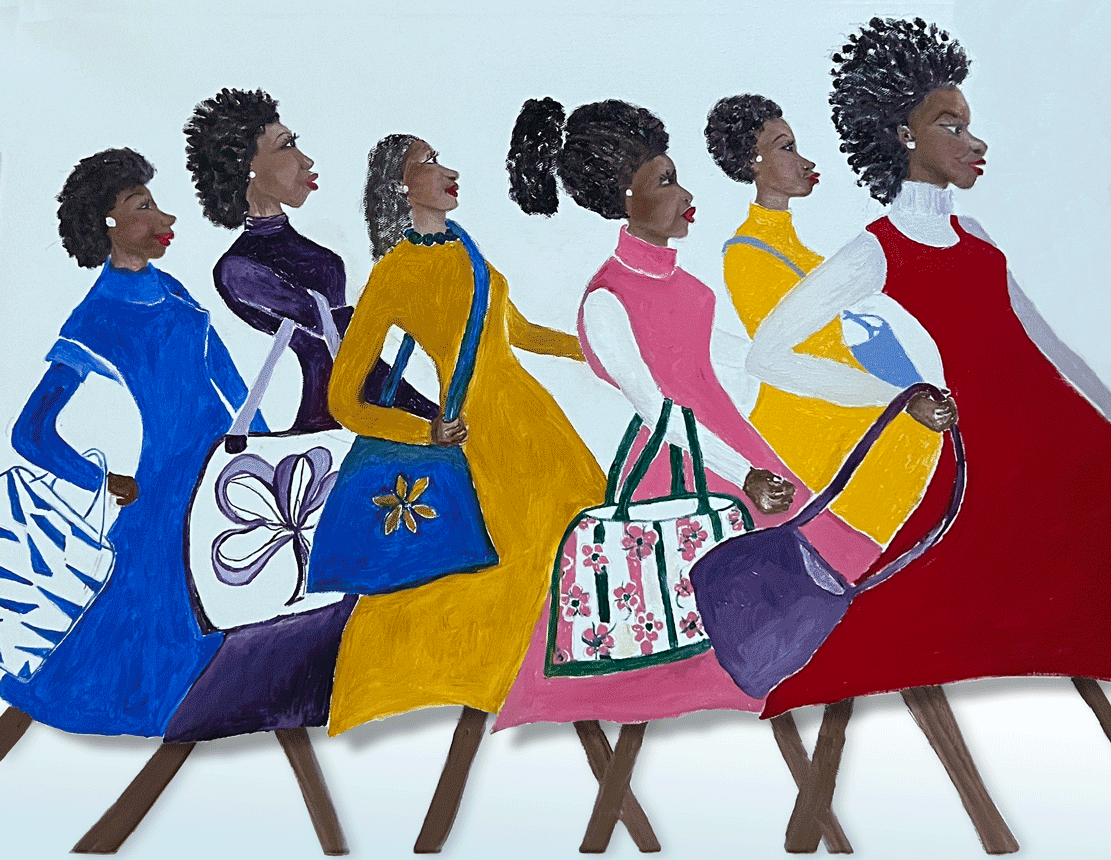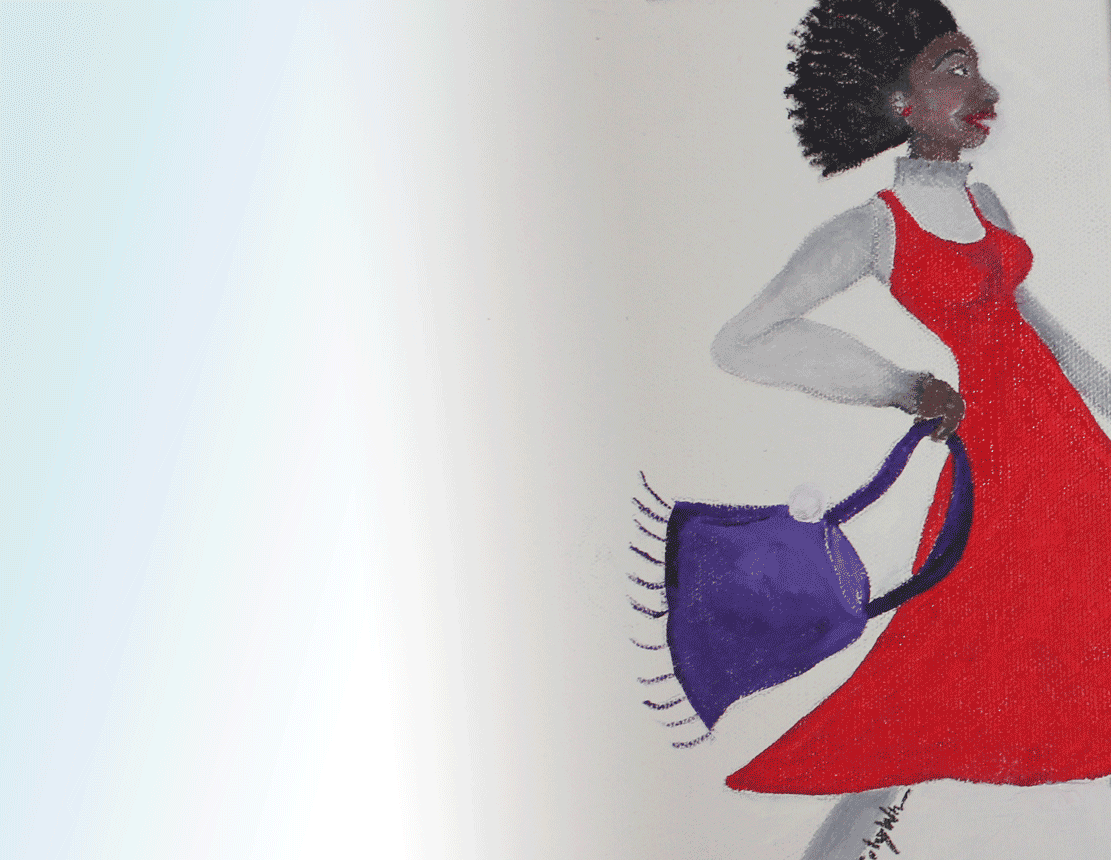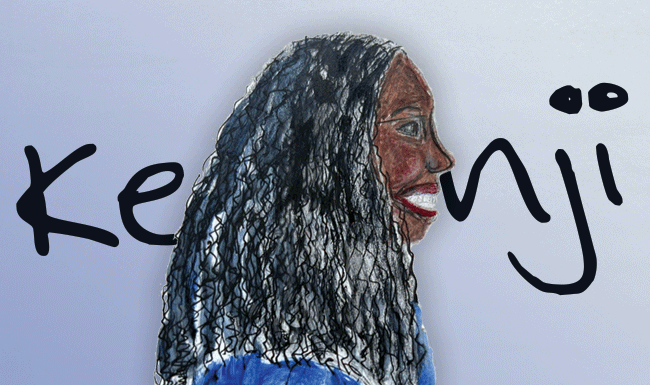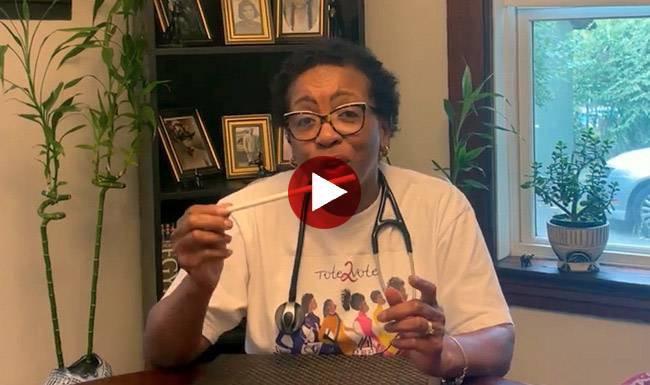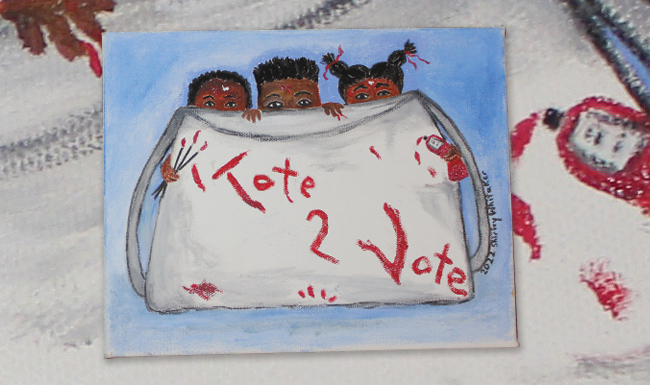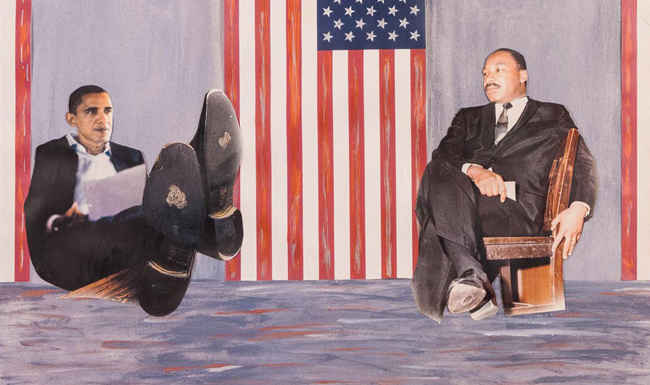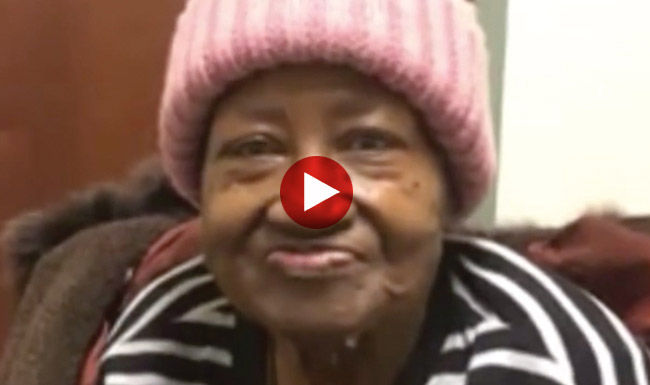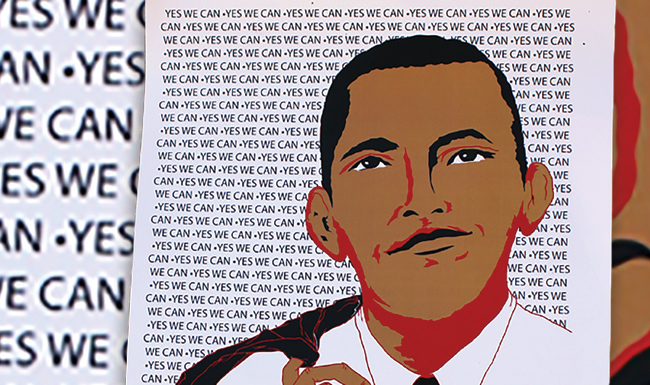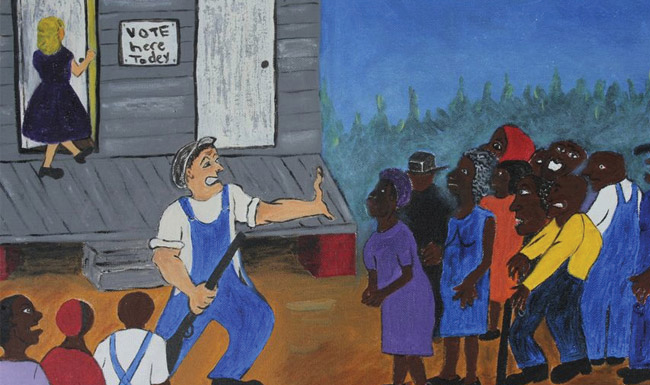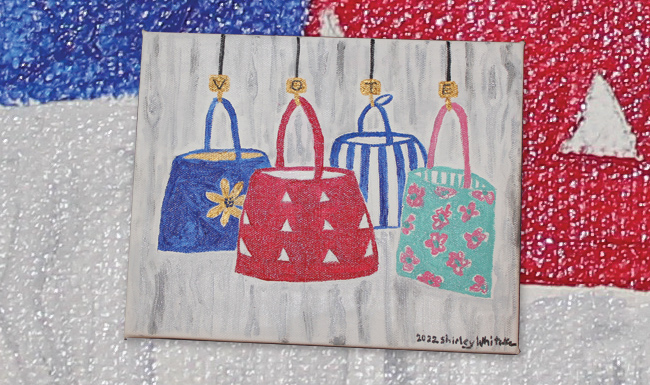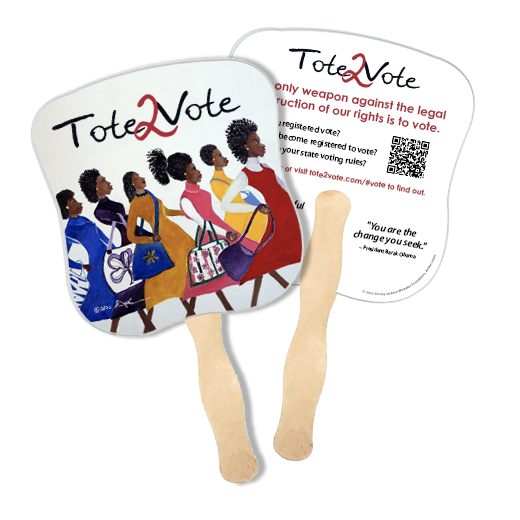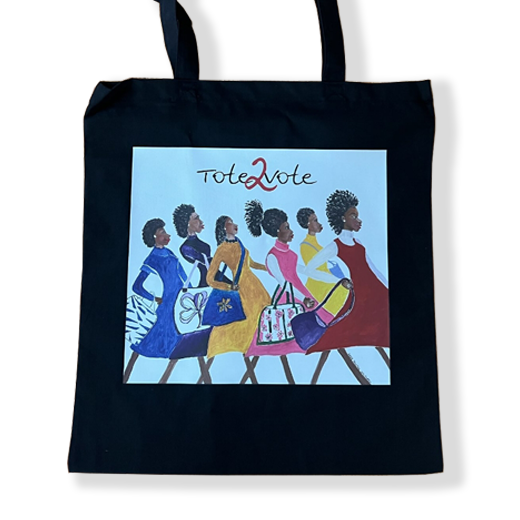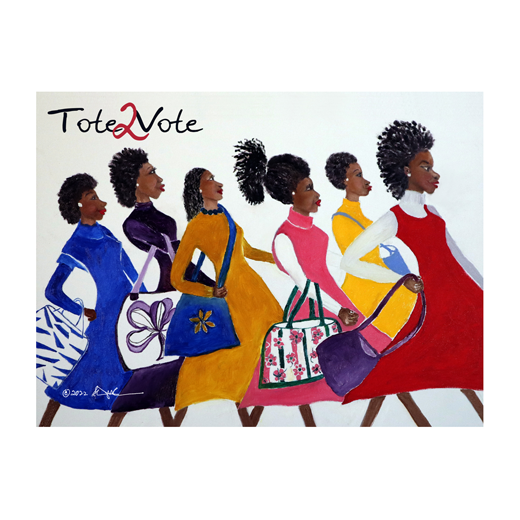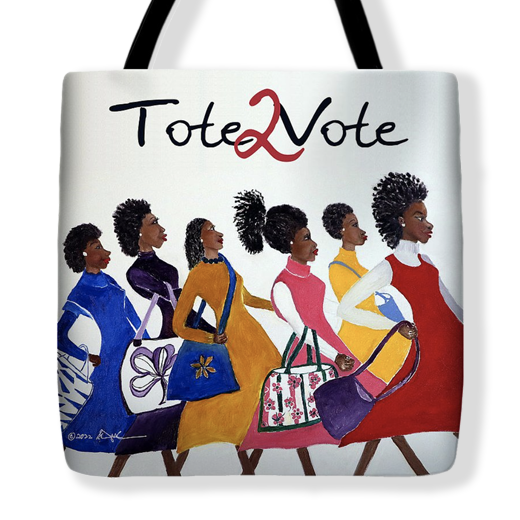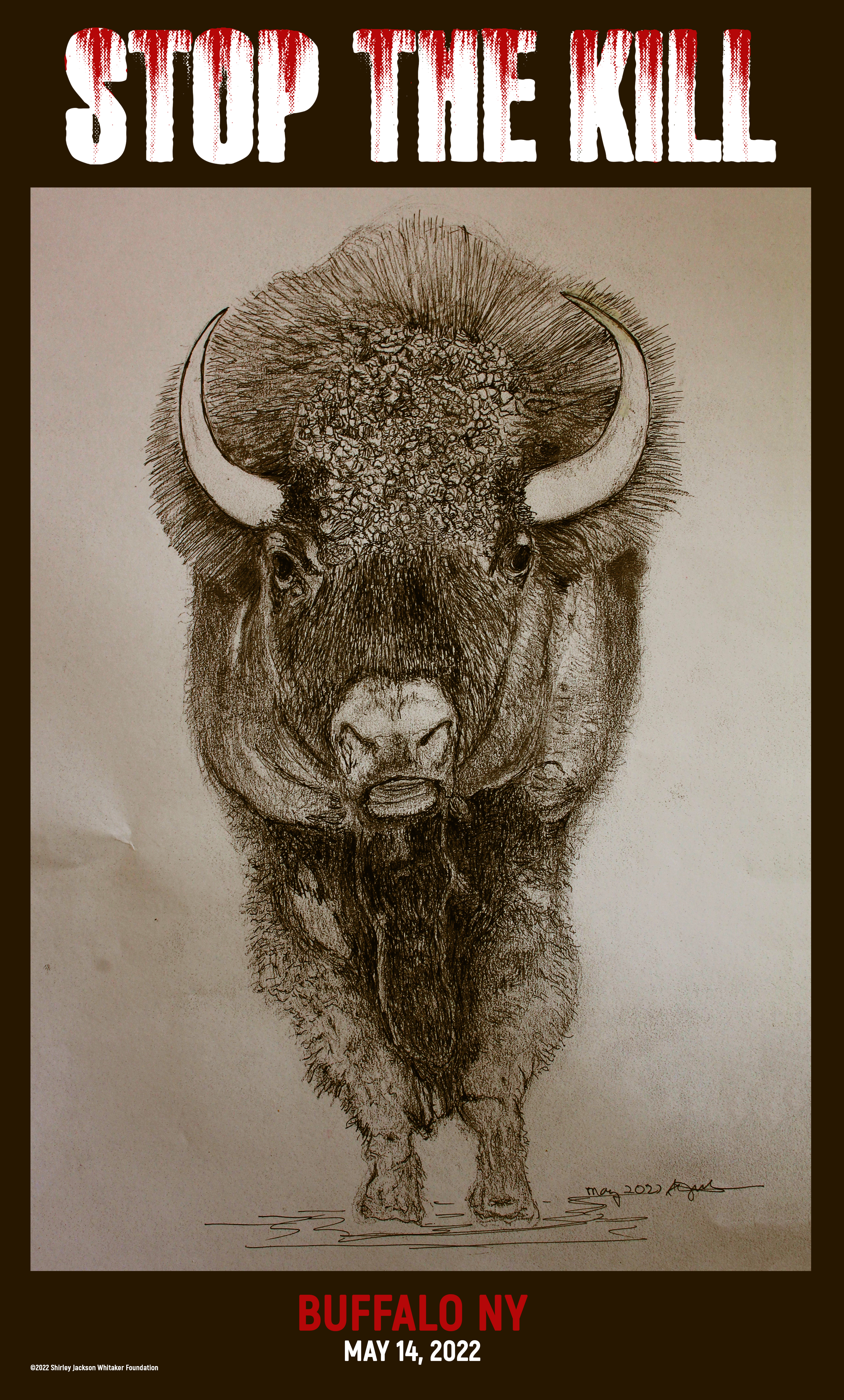
The Tote Project
Some voting laws passed in 2021 should sound an alarm to anyone concerned with the vitality of democracy. For example, Georgia S.B. 202 aka Suppression Bill made it a crime to distribute water or snacks to voters waiting in line and makes it more difficult to vote by mail in multiple ways. This is a particularly concerning enactment following an election with the highest ever mail in vote from Black voters.
Suppression bills like Georgia S.B. 202 are not only a means of voter suppression, but also a form of legislative abuse.
You do not have to be a medical doctor to understand the danger and challenges laws such as Georgia S.B. 202 unleash on the American people. With heart disease, type 2 diabetes, and high blood pressure as the biggest health issues in Black America, common sense tells us the consequences of depriving voters from protection against excessive heat, nutritional challenges, and exploitation of physical inabilities.
Will you collaborate with The Tote Project and receive email updates?
Sign upN. E. T. Results
The mission of the Tote2Vote Project is to help eliminate voter suppression by providing voters with basic nourishment needed to sustain long wait periods, education on how to overcome draconian restrictions and issues with transportation that complicate, weaponize, and often make it impossible to exercise ones right to vote.
Each Tote2Vote tote will be filled with bottled or boxed water, nutritious snacks, and fans that double as voter education pamphlets.
We believe that many African Americans are aware of their voting power. Our goal is to build and strengthen the already strong Black vote and empower the vulnerable in the path of voter suppression.
We intend to address issues that support lack of transportation as a mechanism for voter suppression by partnering with or otherwise supporting ongoing and new efforts within cities that are most at risk to this assault and attempted erasure of constitutional rights.
Nourishment, education and transportation are the key factors that support or suppress the ability to vote. With your support we can face this issue head on send a clear message that the Black vote stands on shoulders too strong to defeat.
We believe the majority of African Americans are aware of their voting power.

NOURISHMENT
The mission of the Tote2Vote Project is to help eliminate voter suppression by providing voters with basic nourishment needed to overcome obstacles that negatively impact ones right to vote. Georgia suppression bill 202, Tote2Vote is coming for you!

EDUCATION
Knowledge is power and education is key. Understanding why the Black vote is the most sought-after and strongest votes in the Nation.

TRANSPORTATION
Understanding and eliminating the relationship between lack of available and accessible transportation as a means of voter suppression.
Will you collaborate with The Tote Project and receive email updates?
Sign upJim Crow Laws
Jelly Bean JarThe Jelly Bean Jar is an example of the Jim Crow Laws from the 1890s to 1960s where many state governments in the Southern United States administered literacy tests to prospective voters in order to vote.
The “Jelly Bean Test” was a technique used during the Jim Crow era, in which the registrar would ask Black voters to guess the number of jelly beans in a jar – aka voter suppression. If the Black voter guessed incorrectly, they were denied the right to vote.
Voter suppression was not always sugar coated as was the case for lesser-known Civil Rights Leader, Reverend George W. Lee who was assassinated on May 7, 1955, by a group of unknown assailants while driving in Belzoni, Mississippi.
George W. Lee was born in 1903 and grew up in the predominantly Black community of Edwards, Mississippi. George excelled at school and graduated high school which was uncommon for Blacks living in the dangerously segregated poverty of the south, Rev. Lee wanted to pull his people out of subordination by building infrastructure and legacy. He pastured in 4 churches, opened a grocery store and a small printing business; founded the Belzoni branch of the NAACP in 1953; registered every Black voter her could and drew crowds of more than 7000 when he spoke. His murder caused by 3 shot gun rounds made headlines the following day: “Negro Leader Dies in Odd Accident” Read the Jelly Bean Jar poem by Dr. Shirley Whitaker
Read The Ballot and Me by Langston Hughes
The “Jelly Bean Test” was a technique used during the Jim Crow era – aka voter suppression.
ART OF ACTIVISM
The word "tote" has origins in West African language (such Kikongo tota, ”pick up”. Kimbundu tuta, ‘carry, load” related to Swahili tuta, “pile up, carry"
The tote to vote project was inspired by two historic actions by black women. Roses tote (sack), and The Tignon Laws. Rose, an enslaved woman in South Carolina during the 1850s, learned that she and her daughter would be sold at slave auction within 24 hours. In preparation for what would mostly likely separate them for the rest of their lives, Rose packed a tote (sack) with food for nourishment and a lock of her hair that served as both unspoken love and as an ancestral link that would endure the test of time. Tignon laws: Introduced by colonial Louisiana in 1789, required black women to cover their hair with a scarf or handkerchief in public to mark them as members of the slave class. As with most attempts to treat black women as less than and punish them, the women persevered; evolving these dusty rags into higher expressions of art and dignity which lead to the glorious head coverings and hat wear we see today, not only in the black community but all over the world.
Click images below to take a closer look at the Art of Activism
The Tote Project Ambassadors
Becoming a Tote2Vote Ambassador means...
When you join the Tote2Vote Ambassador Program, you will be helping to eliminate voter suppression by raise awareness about Tote2Vote. Ambassador's earn income (receive a commission of 10% on transactions) when their unique promotional link is used to purchase Tote2Vote merchandise. You will receive monthly payouts via PayPal by the 15th business day of each month. Join Ambassador Program
A percentage of each sale will go to the support The Tote Project mission and the Shirley Jackson Whitaker Foundation, Inc.


